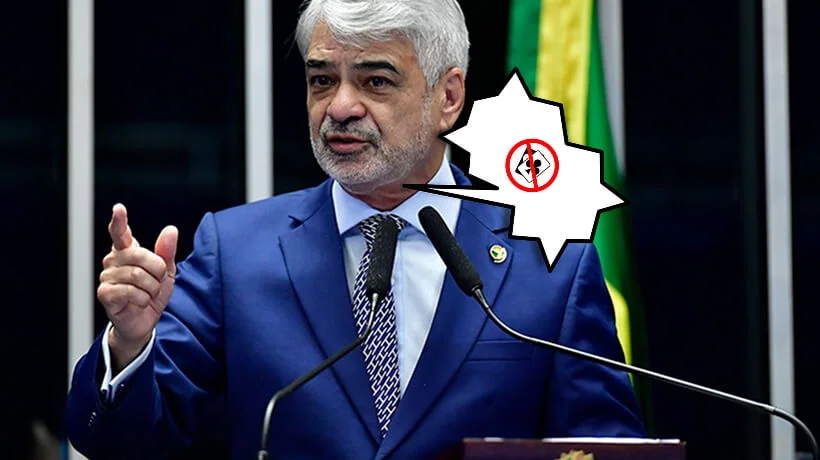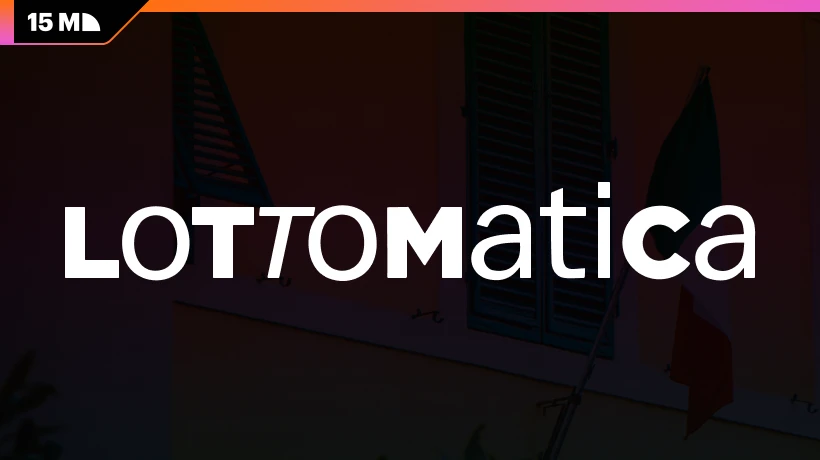Senator Humberto Costa just took the floor in Brazil’s Senate to defend his controversial bill 3.754/2025. The legislation targets online sports betting platforms with much tougher restrictions.
Costa didn’t mince words during his speech. He’s calling betting a “social epidemic” that’s hitting young people the hardest.
The Senator framed his proposal as way more than just another piece of legislation.
Why Costa Sees Betting as a Public Health Crisis
“This project is not just a legislative piece; it is a cry of alarm against a true social epidemic, which affects above all our youth, the most vulnerable, those who should be focused on study, work and building their dreams,” Costa told his colleagues.
He painted a pretty grim picture of what’s happening. Young people are getting “imprisoned by screens that promise easy fortune but deliver ruin, debt and despair.”
Costa argues that many young bettors don’t even understand the wagers they’re making. But advertising campaigns keep pulling them in and encouraging compulsive behavior anyway.
He’s treating this as a matter of public health and social protection, not just gambling regulation.
What Costa’s Bill Actually Changes
The proposed legislation would bump the minimum betting age from 18 to 21. That’s a significant shift that would cut off access for a huge chunk of current users.
Advertising gets hit hard too – it would only be allowed during late-night hours. No more sports betting ads during prime time or when kids might be watching.
Sponsorship deals would take a major hit. The bill would ban betting companies from sponsoring sporting events, cultural activities, and educational programs.
These measures specifically target what Costa sees as predatory marketing aimed at vulnerable groups.
How This Fits Brazil’s Broader Betting Debate
Costa’s bill comes as Brazil grapples with how to handle its relatively new legal betting market. The country’s Finance Minister recently defended a proposed tax hike on betting platforms in Congress.
The Senator is urging his colleagues to support the bill’s approval, framing it as essential protection for vulnerable populations.
Whether the legislation gains traction remains to be seen. But Costa’s speech signals that Brazil’s honeymoon period with legal sports betting might be ending.
The bill represents a significant shift toward viewing gambling as a public health issue rather than just entertainment. If it passes, Brazil would have some of the strictest betting regulations in Latin America.
The real test will be whether other senators buy into Costa’s “social epidemic” framing or see the restrictions as government overreach.







